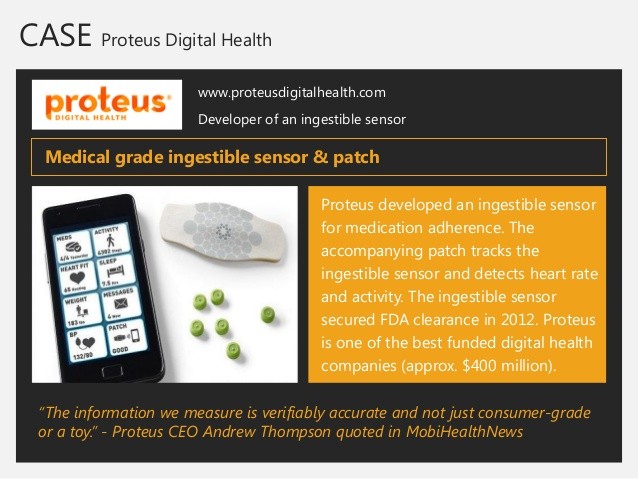The speakers for this conference program were Ms. Creena Mehta, Manager, HPE and Ms. Pooja Maheshwari, Technology Evangelist and Enterprise Consultant. Creena began her talk by giving the audience some facts about IoT. She said that by the year 2020, the number of consumer IoT devices would exceed the number of smartphones and tablets put together. As per market predictions, there will be 31 billion connected devices that connect 4 billion people around the world. She also listed out some of the driving factors that have led to the association between Human IoT and healthcare. The main factors are the need for quick, reliable healthcare. Innovations in next-generation sensors and newer networking technologies have also helped in bringing about a change in the healthcare industry. Healthcare expenses have also become very high, so there is a need for Human IoT or HHIoT devices, to reduce the cost of medical treatment.
Market predictions for HHIoT and healthcare
According to a study done by the research firm Markets and Markets, the market is expected to grow to USD 163.24 billion by 2020. The annual market growth rate will be around 38.1% by 2020. There will be new innovations in the field of medical devices. “Today we have started seeing these new devices like smart genes and smart sensors everywhere,” said Ms. Mehta.
Emerging trends
Ms. Mehta highlighted some emerging trends in the HIoT and healthcare industry. She mentioned a ingestible sensor that has been designed by a company called Proteus. It can be fitted inside a tablet and can collect patient data that can be used for later reference. Another interesting product is called Bee. It has been designed by a company called Vigilant, and it is a smart insulin monitor that keeps track of glucose levels in the body. There are also some innovations for infant health care, such as diapers that provide information to the parents about hydration levels in the baby’s body. It can also alert the parents if the baby has any infection.













